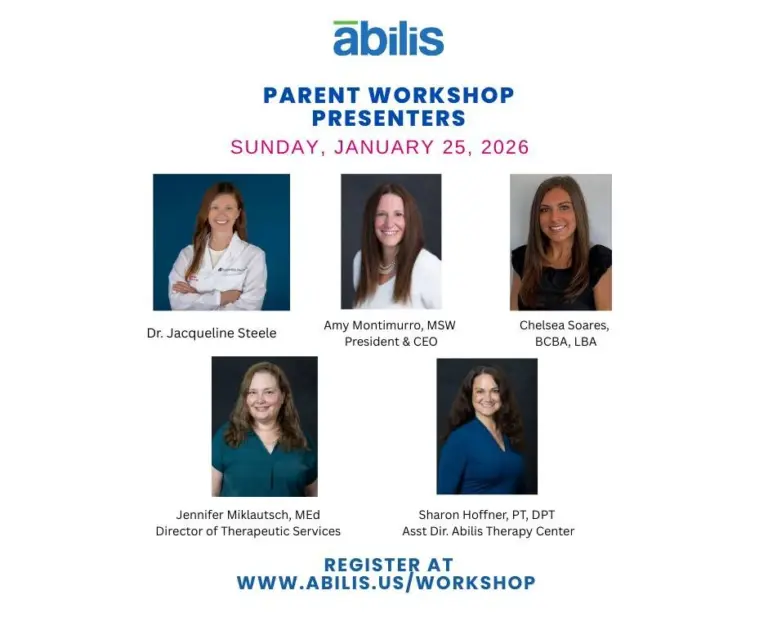Dear Editor,
As the incidence of diabetes rises in this country, we are all becoming increasingly aware of the of sugar we consume. Sugar is a predominant substance, lurking in a wide variety of foods – often in unexpected places like pasta sauces, salad dressings and even protein bars. Avoiding sugar can be a challenge, prompting many of us to seek alternatives. But how can we satisfy our sweet cravings while sidestepping the negative effects? The answer seems to lie in “fake sugar”. This dietary mirage offers the promises the sweetness we desire minus the calories and the deleterious effects on our insulin-producing pancreas.
Aspartame, sucralose, saccharin, and stevia are some of the most common sugar substitutes. Each has distinct chemical profiles; for instance, sucralose (Splenda) is created by replacing 2 hydrogen-oxygen groups with chlorine atoms. Yes – chlorine atoms. When baked at temperatures of 350° Fahrenheit, chloropropanols are released – compounds recognized as carcinogens. Additionally, a 2021 study published in JAMA revealed that sucralose can trigger appetite, paradoxically leading to weight gain. This irony raises a crucial question: are we merely swapping out one problem for another? More importantly, could the health effects of these substitutes be even worse than refined sugar?
Stevia, another popular sugar substitute derived from stevia leaves native to South America, is 200-300 times sweeter than sugar. It too can cause digestive issues and disrupt gut microbiota. Research published in the journal Molecules suggests that stevia may interfere with the communication between gut bacteria, which is essential for the production and maintenance of microbial functions.
Dr. Erica and Justin Sonnenburg, researchers at Stanford University School of Medicine and authors of The Good Gut, have extensively studied the gut microbiome. They report that trillions of bacteria residing in our intestines have so much control over our overall health and the immune system. Furthermore, sugar substitutes may negatively alter the composition of these gut bacteria, leading to poor digestion, gut inflammation and poor bowel health. Since the gut microbiome is directly correlated to our metabolism, any disruptions could have far reaching consequences.
In our quest to satisfy our sweet tooth, have we bitten off more than we can chew? While the FDA deems sugar alternatives safe for consumption, some scientists argue that we lack sufficient information to fully know the exact extent of their harm. Should we consider more natural alternatives like raw honey, maple syrup, molasses or monk fruit?
In conclusion, as we navigate the complex landscape of sugar alternatives, its vital to weigh the potential risk versus the benefits. Rather than resorting to these synthetic substitutes, exploring other natural alternatives may offer a more balanced path. As we’ve learned from Mary Poppins, “a spoonful of sugar can help the medicine go down”, but perhaps it’s time to find a healthier spoonful that nourishes rather than harms. Ultimately, our well-being depends on a pursuit of better choices that come from a deeper understanding of how diet affects our health – one sweet decision at a time.
Catherine Tiedemann




